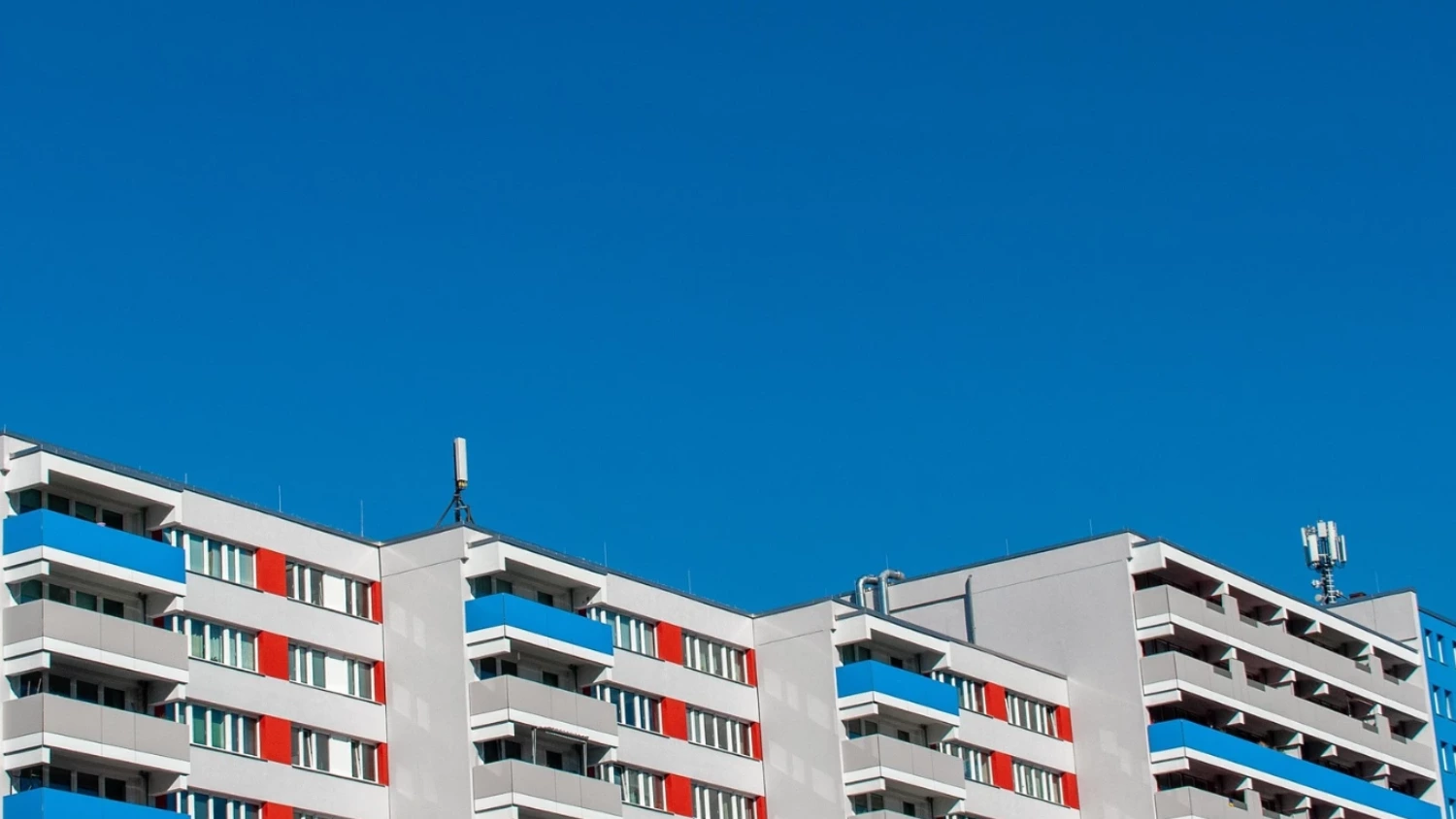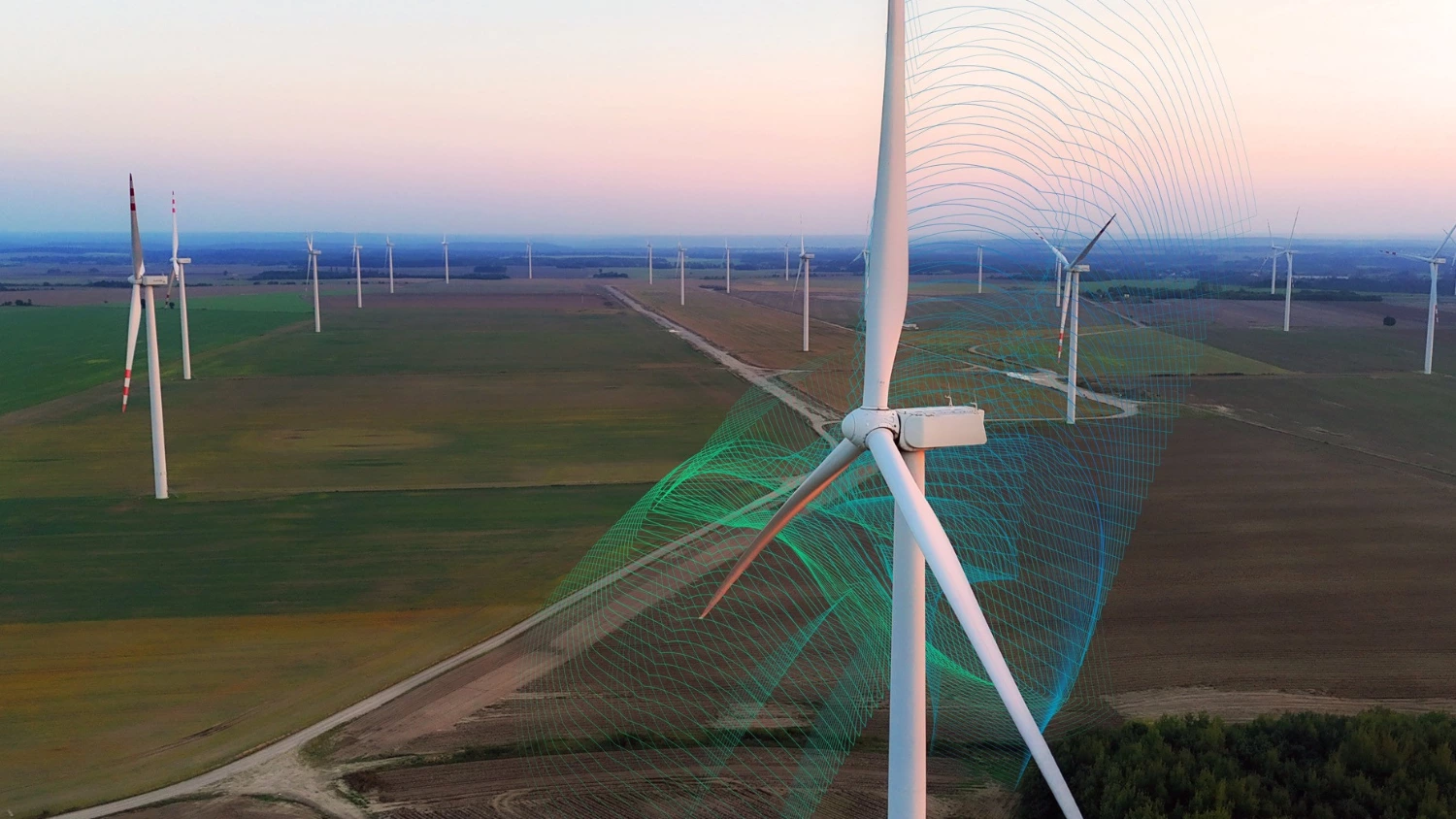Despite its strategic advantages, including its location, access to the EU market, skilled workforce, and recovering investment climate, Romanian manufacturing has seen a decline in productivity.
Eurostat data reveals a 2.5% decrease in industrial production in April 2025 compared to the previous year, indicating that a sustainable recovery is not yet in sight despite recent monthly upticks.
Local challenges such as high energy costs, labour shortages, rising human resource expenses, and fiscal regulations, coupled with external uncertainties like the economic situation of key trading partners, have all taken a toll.
To navigate these complexities, manufacturers must accelerate investments in advanced technologies and intensify efforts towards sustainable development.
Bogdan Barbu, Transfer Pricing Partner at Deloitte Romania and Leader of Consulting Services for the Industrial Products and Construction sector, said: "To achieve a sustainable return on investment, manufacturers should move beyond isolated initiatives and integrate generative artificial intelligence into more advanced processes, including cybersecurity."
The concept of a smart, automated, AI-powered factory is gaining traction, aligning with Industry 5.0 principles to optimize production and enhance efficiency.
Deloitte's global studies suggest AI can benefit every stage of the production process, from product conception to final delivery.
Beyond technological advancements, sustainability is becoming a non-negotiable aspect. New regulations, such as the Corporate Sustainability Reporting Directive (CSRD) and the European standard on circular economy (ESRS E5), impose more detailed requirements for reporting environmental impact.
Romania holds significant potential for renewable energy growth, with electricity transport and distribution operators planning investments of approximately RON 5 billion (€1 billion) by 2029 for grid modernization and integration of renewables.
Ultimately, the future success of the Romanian manufacturing industry depends on substantial investments in modern technologies and processes, aimed at increasing global competitiveness and reducing carbon footprints, alongside fostering an interdisciplinary workforce equipped with technical, digital, and human skills.











